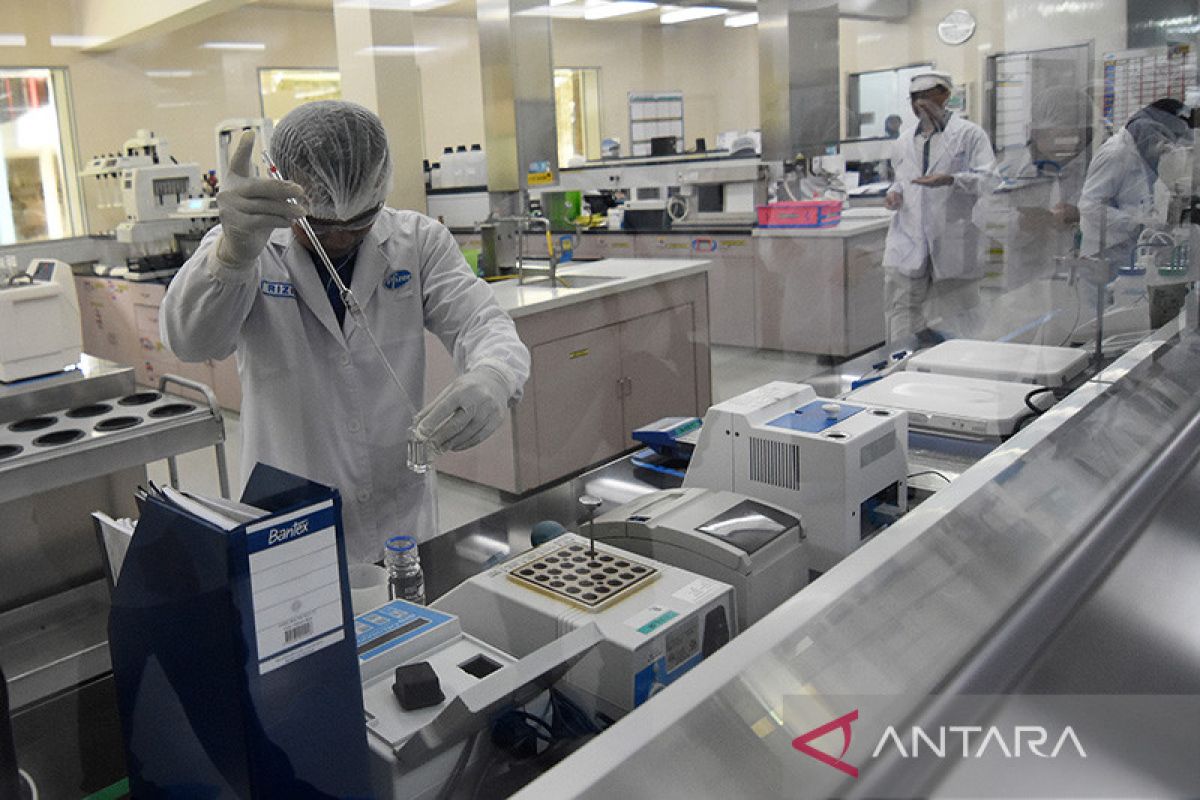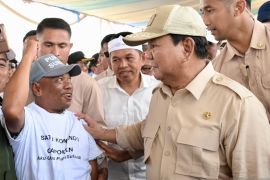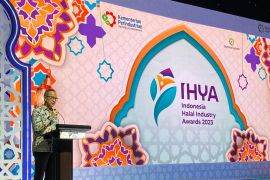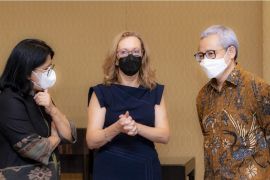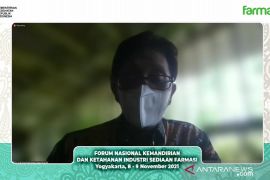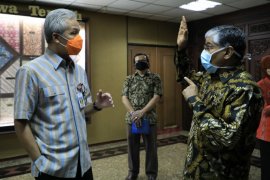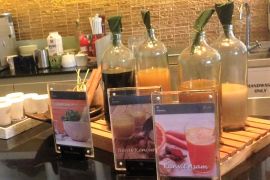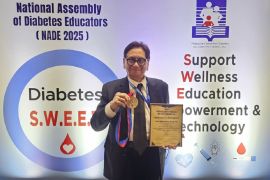“Indonesia needs to choose the right industrial policies and pay attention to the factors that contribute to success. For example, increasing the research and development budget and adopting flexibility in Intellectual Property Rights (IPR)," associate researcher at the Center for Indonesian Policy Studies (CIPS) Ronald Tundang noted in a statement received here on Monday.
Tundang remarked that Indonesia was one of the proponents to have proposed COVID-19 drugs and vaccines to be made public commodity, through its support for the exception of IPR protection for COVID-19 drugs and vaccines based on the Trade-related Intellectual Property Rights Agreement (TRIPs).
The government has implemented the policy to facilitate self-sufficiency of the pharmaceutical industry, particularly in the production of Medicinal Raw Materials (BBO), for example, through the Domestic Content Level policy.
The government also necessitates the use of domestic products for the procurement of goods and services, including through the National Health Insurance scheme by the Social Security Agency (BPJS).
Other policies include fiscal incentives, such as tax reductions and exemption on import duties for pharmaceutical companies that will produce the materials.
The government needs to prepare policies that can be used in normal scenarios and during urgent conditions, such as a pandemic. Industrial policies, such as TKDN and incentives for the BBO industry, can increase drug prices in urgent situations.
“Affordable medicine prices and the pharmaceutical industry self-sufficiency are two important but different goals. Affordable medicine prices can be achieved through BBO imports, something that contradicts the independence of the pharmaceutical industry," he noted.
Self-sufficiency of the pharmaceutical industry in the long term could lead to affordable medicine prices, he stated. However, it is not easy, as it requires high research and development capabilities.
Tundang said there are some options for Indonesia to develop the industry.
Firstly, Indonesia can emulate India and China in producing generic drugs or follow the path taken by the United States and Switzerland to become centers for research and technology development.
"So far, Indonesia does not have a clear position on this matter," he stated.
In the event of Indonesia picking the first option, it would have to prepare a strategy that is identification of patented drugs that will expire soon.
It allows manufacturers of national generic drugs to apply for marketing licenses to use patented drugs that are still valid. The Bolar Provision also applies to the second option, as many countries use it for research and development purposes.
Indonesia is not considered as of yet since there is no industrial base for medicinal raw materials and due to its low research and development capacity.
The government should also increase research capacity and develop the scale of the pharmaceutical industry by adding more to budget for those.
Currently, Indonesia's research and development budget is ranked the lowest in the G20, with only 0.2 percent of the GDP.
Related news: BPOM announces 168 syrup drugs declared safe for distribution
Related news: Pharmaceutical drugs are last resort in treating children's illnesses
Related news: Pharmaceutical industry's drugs must meet quality standards: Ministry
Translator: Sella P G, Mecca Yumna
Editor: Azis Kurmala
Copyright © ANTARA 2023
